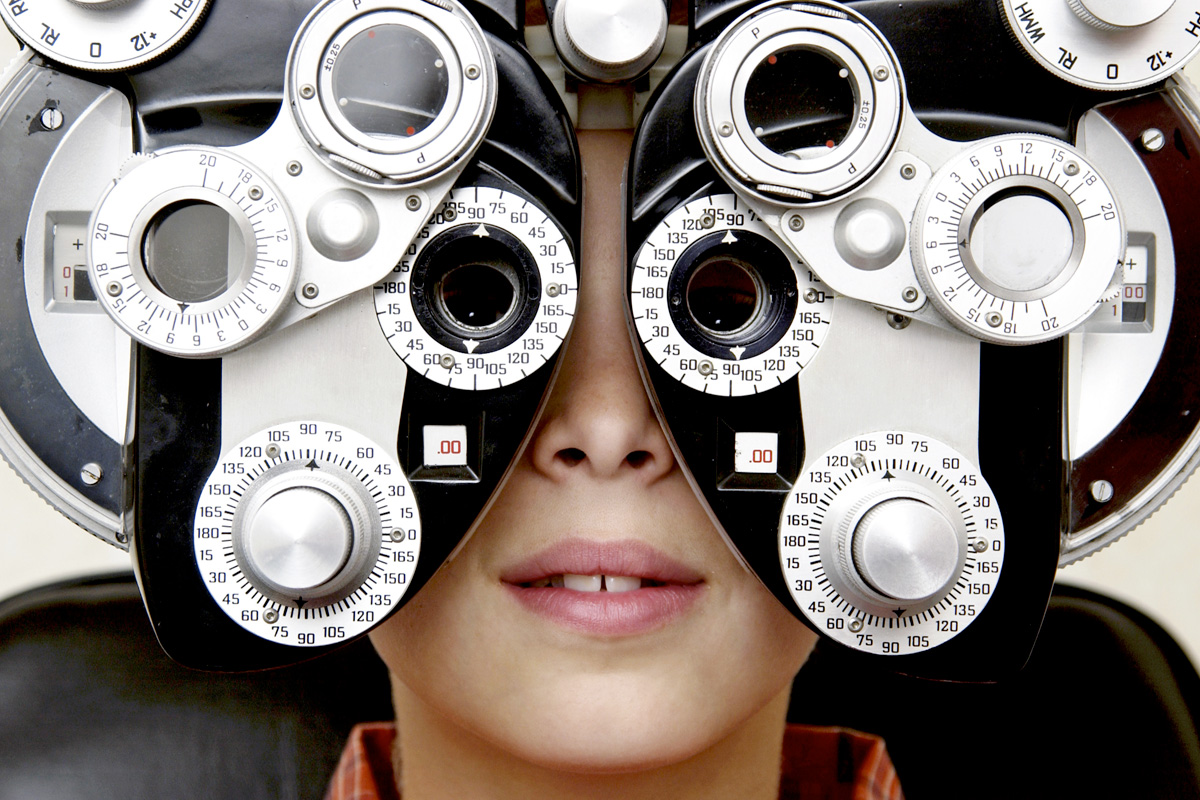Exams for Children
As a parent, you may wonder if your child has a vision problem or whether your child is old enough to have their eyes examined.
Experts say 5 percent-10 percent of pre-schoolers and 25 percent of school-aged children have vision problems. Early identification of a child’s vision problem is crucial because, if left untreated, some childhood vision problems can cause permanent vision loss.
When should kids have their eyes examined?
Eye examination for children are extremely important. It’s recommended that you have your child’s eyes checked at around three years old. It’s important to check that their eyes are developing normally and to stop bigger problems in the future. After that, a yearly trip to the optician will keep tabs on young eyes that can change fast. For school-aged children, it’s recommended an eye examination every two years if no vision correction is required. Children who need glasses or contact lenses should be examined annually or according to their optometrists recommendations.

Early eye exams also are important because children need the following basic visual skills for learning:
- Near vision
- Distance vision
- Eye teaming (binocularity) skills
- Eye movement skills
- Focusing skills
- Peripheral awareness
- Eye/hand coordination.
- Booking your child’s eye examination
When booking an eye examination, choose a time when your child is usually alert and happy. How Eye examinations are conducted depend on your child’s age, but an examination generally will involve a case history, vision testing, determination of whether glasses are needed, testing of eye alignment, an eye health examination and a consultation with you regarding the findings.
The Optometrist will ask about your child’s birth history (also called perinatal history), such as birth weight and whether or not the child was full-term. Your optometrist also may ask whether complications occurred during the pregnancy or delivery. The Optometrist may also inquire about your child’s medical history, including current medications and past or present allergies.
Be sure to tell your optometrist if your child has a history of prematurity, has delayed motor development, engages in frequent eye rubbing, blinks excessively, fails to maintain eye contact, cannot seem to maintain a gaze (fixation) while looking at objects, has poor eye tracking skills or has failed a pre-school vision screening.
The Optometrist will also want to know about previous ocular diagnoses and treatments involving your child, such as possible surgeries and glasses or contact lens wear. Be sure you inform your optician if there is a family history of eye problems requiring vision correction, such as nearsightedness or farsightedness, misaligned eyes (strabismus) or amblyopia (“lazy eye”).


